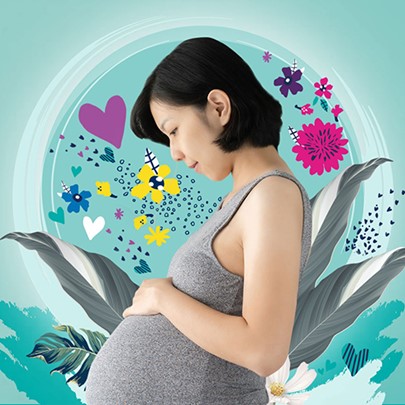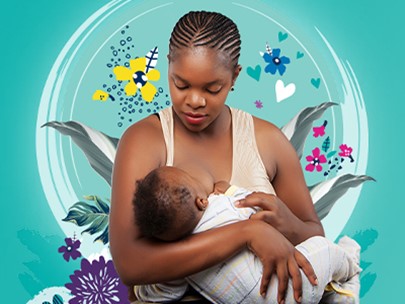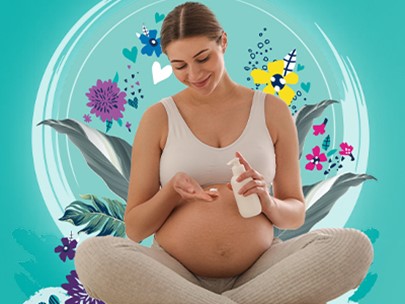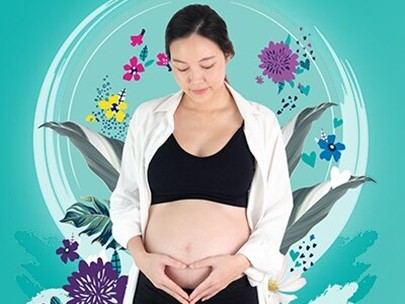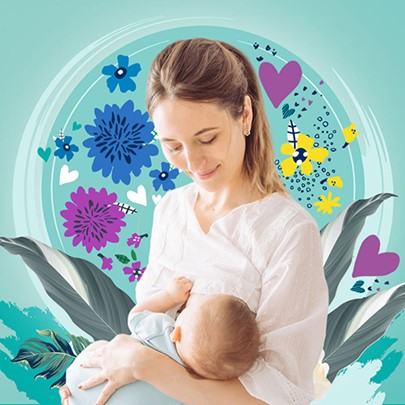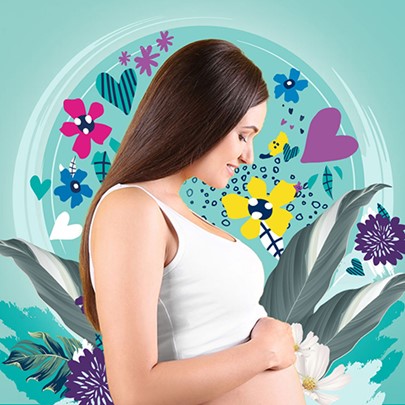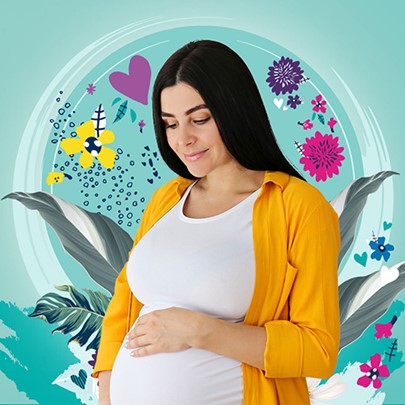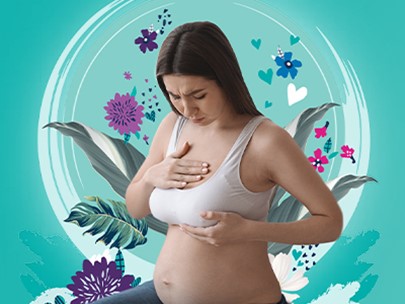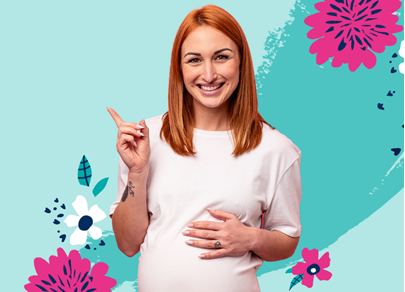Categories
Perinatal Mental Health (PMH) – During and After Pregnancy
Written by Lara Taylor, Specialist Midwife
Mental health in pregnancy is known as Perinatal mental health, you may never have heard of it, or known anyone who has suffered with it, but it’s so important to understand what to look out for and when to ask for help.
How will I know I’m in labour?
Written by Lara Taylor, Specialist Midwife
We all know the term labour I’m sure: the active process of delivering a baby, and I’m pretty certain now you’re pregnant you’ve heard lots of labour and birth stories, maybe some being more unsettling for you than reassuring!
Breastfeeding your baby: What to expect in the early days
Breastfeeding your baby can be both a unique and wonderful experience.
How to get a good latch when breastfeeding
We’re here to explain how to get a good latch whilst
breastfeeding, and what to do if things don’t feel quite right.
Colostrum….and harvesting. The what, why and how!
Written by Lara Taylor, Specialist Midwife
I’ve got to say, out of all the amazing things our body can do, creating Colostrum has to be one of the most intricate and advanced.
Unexpected body changes during pregnancy
Your growing baby bump and ever-increasing breast size are just some of the more obvious physical changes you’ll notice during pregnancy.
Changes to your body in early pregnancy
Written by Lara Taylor, Specialist Midwife
So, you’ve recently found out you’re pregnant and I’m sure you’re experiencing a mix of emotions.
Maternity Pads And Managing Postpartum Bleeding
Find out all you need to know about postpartum bleeding and how maternity pads can help manage the time following birth.
Intimate Hygiene
Discover effective and practical intimate hygiene tips for a healthy and confident you! From daily routines to product recommendations, we've got you covered.
Body And Period Changes During Pregnancy
You're likely to notice some changes to your body and your period during pregnancy, but remember, you're not alone. Read Lil-Lets' pregnancy advice.
Breast Leaks During Pregnancy
Got leaking breasts? Don't worry, it's completely normal during and after pregnancy. Learn more about breast leaks and how to manage them with Lil-Lets.
Bladder Leaks And Understanding Bladder Weakness
Bladder weakness is a common experience, especially for pregnant people. Find out how to manage bladder leaks, AKA incontinence, and take back control.
Maternity Hospital Bag Checklist
At Lil-Lets, we think that preparation is key! We’ve put together the ultimate hospital bag checklist to help you pack for your new arrival. Find out more.
6 Weeks Postpartum Your New Normal After Pregnancy
Life after giving birth can be tricky to navigate, especially if you're a first-time mum. Join Lil-Lets as we guide you through your 'new normal'.
Pregnancy Related Incontinence
Pregnancy related incontinence is far more common than you might think, both before and after birth! Find out what you can expect with Lil-Lets.
Vaginal Discharge And How To Deal With It
There’s a lot to know about discharge, from what it looks like to what it shouldn’t look like, and we’ve got all the answers.
Ovulation and Fertility
Are you thinking about starting a family? Congratulations! Read about all the key factors to consider when planning to conceive.
Lactational Mastitis – Causes, Symptoms And Ways To Treat & Prevent It.
So, your breast-feeding journey seems to be going well and your baby is latching on fabulously, and then out of nowhere and without warning, you start to notice a change in the way your breasts feel and look.
Preparing For The Postnatal Period And Having A ‘Postnatal Plan’
Written by Lara Taylor, Specialist Midwife
How Will I Know If I Have A Low Milk Supply?
If you’re a breastfeeding mum, you may worry that your baby isn’t getting enough milk from you or that you’re actually not making enough. It’s totally natural to feel this way, especially at the start of your breastfeeding journey, but rest assured that in most cases your baby WILL be getting enough milk from you to satisfy their hunger.
Breastfeeding Positions – Finding What Works For You!
When it comes to finding the right breastfeeding positions for you and your baby, only you will know what feels most comfortable. What works for one mum and their baby may not feel right to another! So, we’re here to help you find what works for you by taking you through our top tips for nursing comfortably and the different breastfeeding positions you can try.




